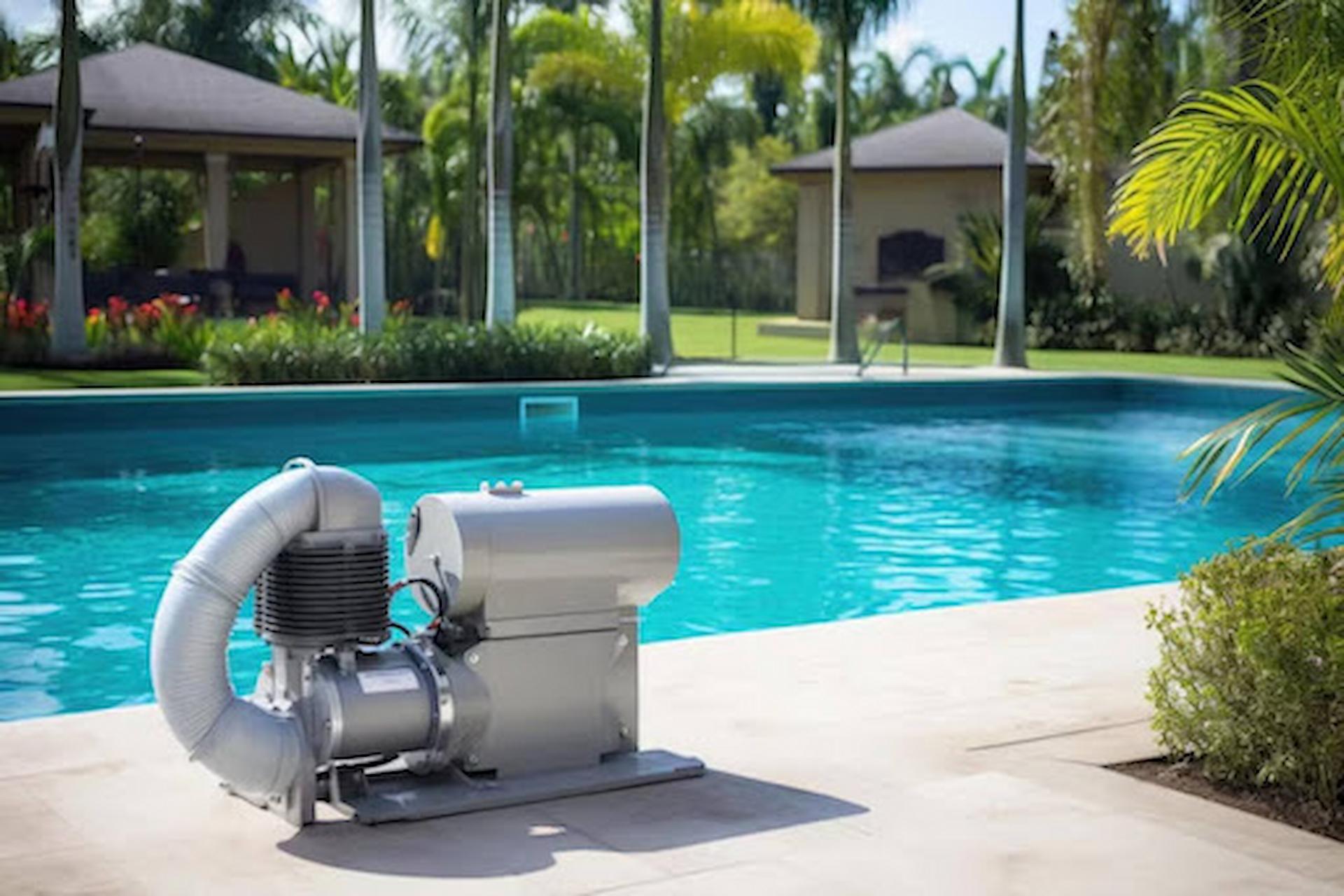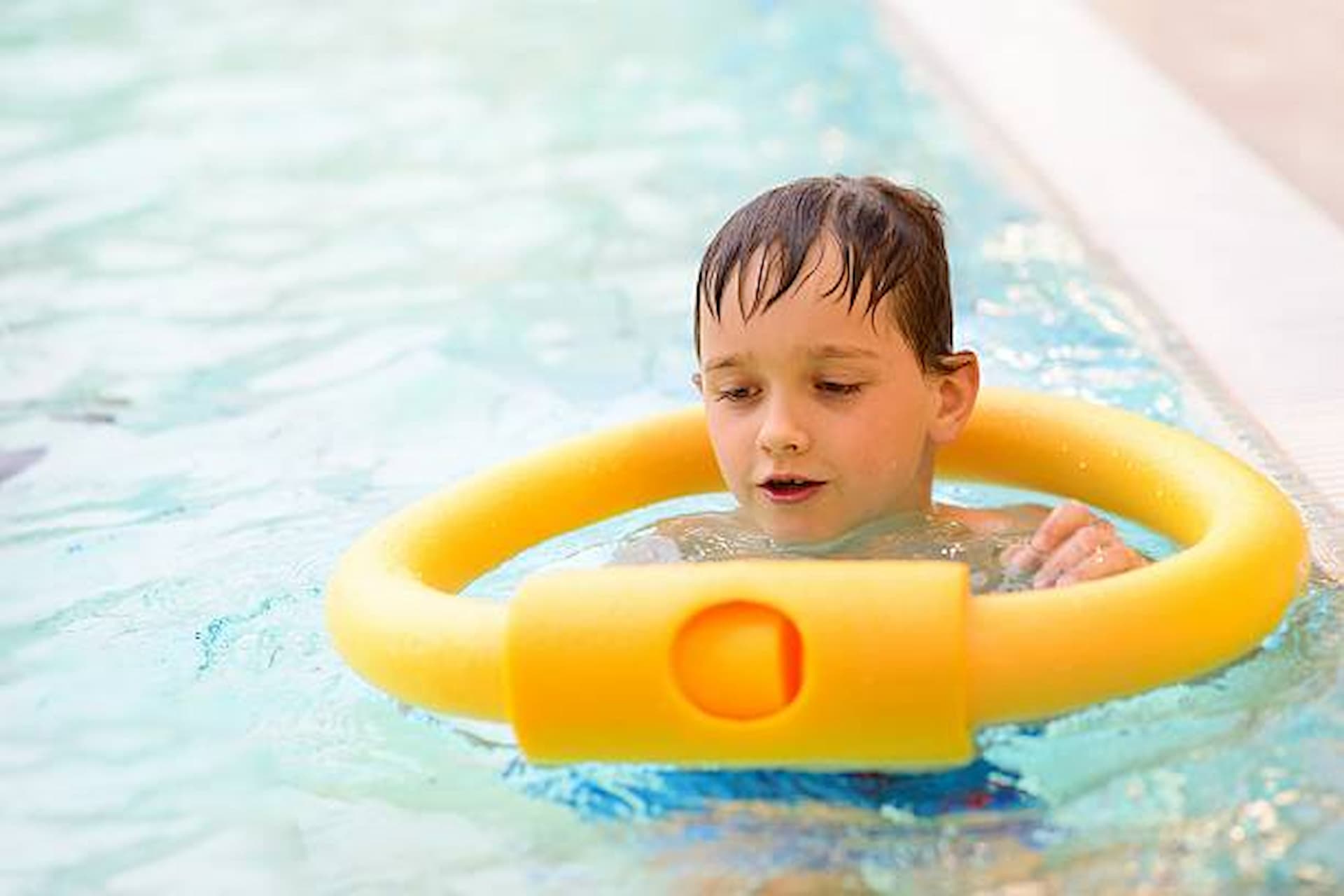A swimming pool filtration pump is the heart of every pool, ensuring water stays clean, clear, and safe. Without it, debris, bacteria, and algae can quickly take over. Whether you own a home pool or manage a commercial swimming facility, choosing the right pump is key to maintaining water quality. This guide will explore how filtration pumps work, their benefits, and how to choose the best one for your pool.
A sparkling, clean swimming pool is about aesthetics, health, and safety. Without proper filtration, pool water can become cloudy, unhygienic, and a breeding ground for bacteria and algae. The swimming pool filtration pump is crucial for circulating water, trapping debris, and balancing chemical levels.
A high-quality filtration pump ensures efficient water circulation, energy savings, and reduced maintenance costs. Whether you’re a pool owner or a facility manager, understanding how filtration pumps work and their key features will help you make the right choice. This article will cover everything you need about swimming pool filtration pumps, including their importance, types, benefits, and maintenance tips.
Why a Swimming Pool Filtration Pump is Essential
A swimming pool filtration pump moves water through the system, removing dirt, leaves, and bacteria. Pool water can quickly become dirty and unsafe without a properly functioning pump.
Continuous Water Circulation
- A pump keeps water moving, preventing stagnation, which can lead to algae growth.
- Circulating water ensures an even distribution of chemicals like chlorine, preventing bacteria buildup.
- Moving water improves filtration efficiency, ensuring dirt and debris are trapped effectively.
Removal of Contaminants
- The filtration system removes dust, hair, insects, and other particles from the water.
- Reducing bacteria and microorganisms keeps the pool safe for swimmers.
- A good pump ensures water clarity, making your pool look inviting and refreshing.
Improved Chemical Efficiency
- Proper circulation helps chemicals distribute evenly, reducing chemical imbalances.
- It prevents the overuse of chlorine, saves money, and reduces skin and eye irritation.
- Balancing pH and chlorine levels extends the lifespan of pool surfaces and equipment.
A well-functioning swimming pool filtration pump ensures a clean, safe, and enjoyable swimming experience.
How a Swimming Pool Filtration Pump Works
The swimming pool filtration pump is designed to pull in pool water, pass it through a filter, and return it as clean water.
Step-by-Step Process
- Water Intake – The pump draws water from the pool through skimmers and main drains.
- Filtration – The water passes through a filter that removes debris, bacteria, and algae.
- Circulation and Return – Clean water is pumped back into the pool through return jets, keeping the water fresh.
Key Components of a Pool Filtration Pump
- Pump Motor – Provides the power to circulate water.
- Impeller – Creates suction to pull water into the system.
- Filter (Sand, Cartridge, or DE) – Captures dirt and particles.
- Valves and Pipes – Direct water through the filtration system.
By understanding how the pump works, pool owners can optimise performance, energy efficiency, and water quality.
Types of Swimming Pool Filtration Pumps
There are different types of swimming pool filtration pumps, each with unique benefits. The right one depends on the pool’s size, water volume, and budget.
Single-Speed Pumps
- Operate at a fixed speed, making them simple and affordable.
- Suitable for small residential pools with low filtration needs.
- Downside: Higher energy consumption due to continuous high-speed operation.
Variable-Speed Pumps
- Offer adjustable speed settings, reducing energy costs.
- Ideal for pools that require different flow rates throughout the day.
- They last longer and operate more quietly than single-speed models.
Dual-Speed Pumps
- Feature low and high-speed options for energy efficiency.
- Run at low speed for regular filtration and high speed for heavy cleaning.
- A good balance between affordability and energy savings.
Choosing the right swimming pool filtration pump can significantly reduce energy costs and enhance water quality.
Benefits of an Efficient Pool Filtration Pump
Investing in a high-quality swimming pool filtration pump offers long-term benefits beyond clean water.
Energy Efficiency
- Modern pumps use less electricity, reducing monthly utility bills.
- Variable-speed pumps can cut energy consumption by up to 80% compared to older models.
Reduced Maintenance
- A muscular pump keeps debris from settling, reducing manual cleaning efforts.
- Less strain on filters and pipes extends the overall system lifespan.
Enhanced Swimmer Comfort
- Proper filtration prevents skin and eye irritation from poorly balanced water.
- Maintains consistent water temperature by evenly distributing heated water.
A good pump ensures cost savings, less maintenance, and a better swimming experience.
Maintaining Your Swimming Pool Filtration Pump
Regular pool maintenance is key to keeping your swimming pool filtration pump in shape.
Regular Cleaning
- Remove debris from skimmer baskets and pump strainers weekly.
- Backwash or clean the filter to prevent clogging and poor water circulation.
Monitor Pump Performance
- Check for unusual noises or vibrations, which may indicate blockages.
- Ensure the pump is running at optimal speed for energy efficiency.
Professional Inspections
- Schedule an annual inspection to detect early signs of wear and tear.
- Replace worn-out parts to prevent unexpected breakdowns.
By following these maintenance tips, pool owners can extend the lifespan of their filtration system and ensure crystal-clear water.
How to Choose the Best Filtration Pump for Your Pool
Selecting the right swimming pool filtration pump requires evaluating several factors.
Pool Size and Water Volume
- Larger pools require higher-capacity pumps for effective filtration.
- Calculate your pool’s turnover rate to determine the required flow rate.
Energy Efficiency
- Opt for variable-speed pumps to maximise energy savings.
- Look for Energy Star-certified models for greater efficiency.
Budget and Durability
- High-quality pumps last longer and require fewer repairs.
- Investing in an efficient model reduces long-term operational costs.
Choosing the right pump ensures optimal filtration, energy savings, and a well-maintained pool.
Conclusion
A swimming pool filtration pump is the backbone of a clean, safe, and enjoyable pool. It removes debris, circulates chemicals, and prevents bacterial growth, ensuring water remains crystal clear. Whether you own a residential or commercial pool, investing in the right pump enhances efficiency, reduces maintenance, and cuts energy costs.
Selecting a high-quality, energy-efficient filtration pump ensures better water quality, lower costs, and a longer-lasting pool system. Make the right choice today and enjoy a clean, refreshing swimming experience all year round.



